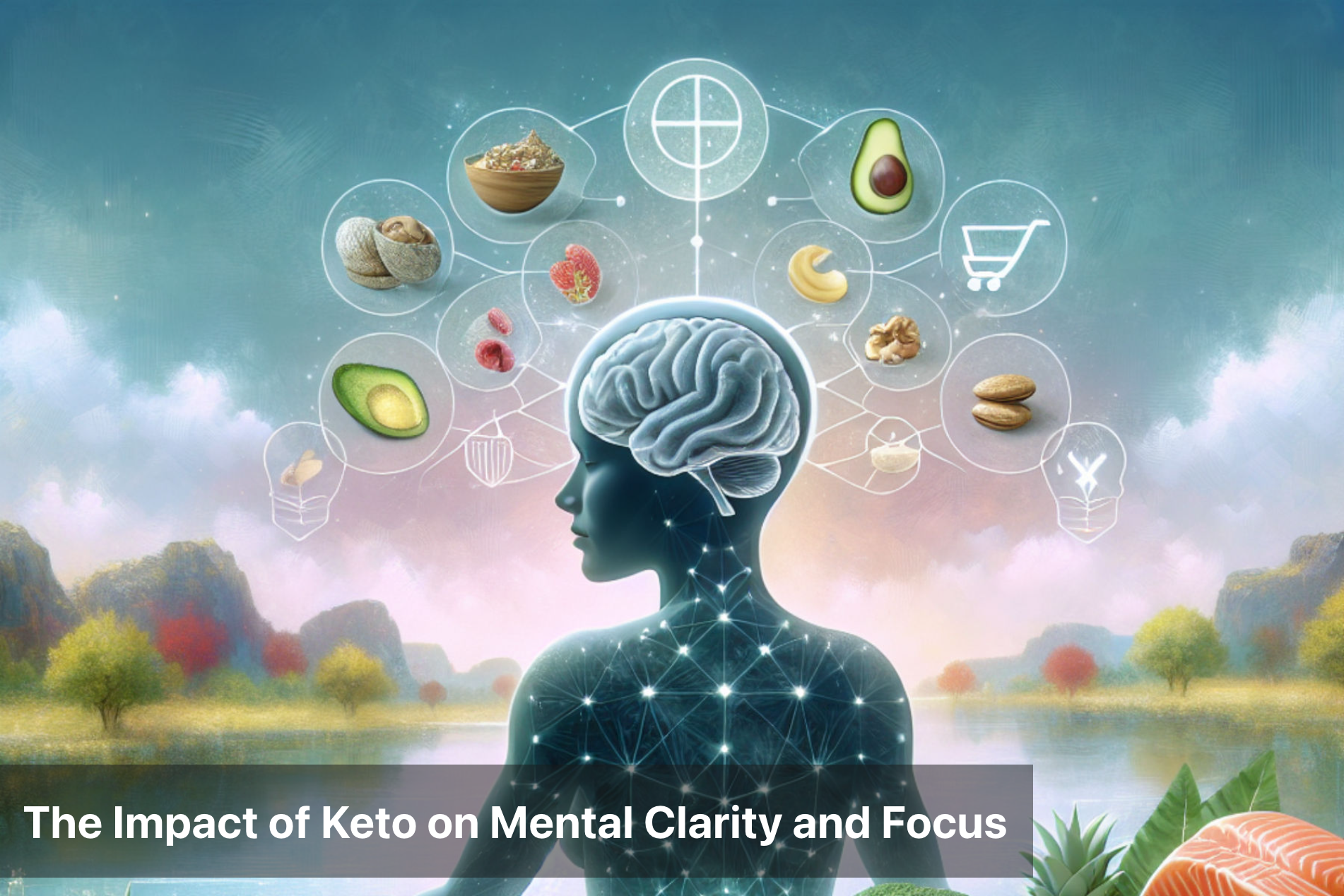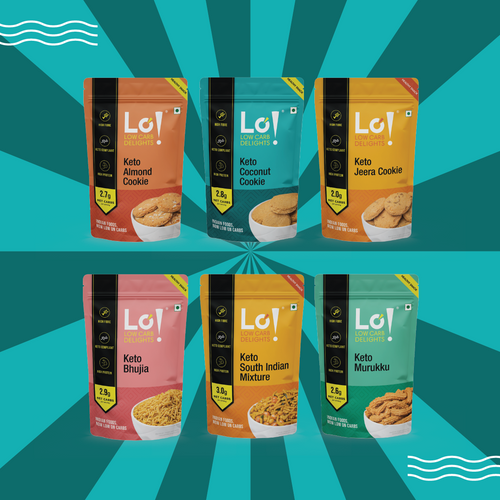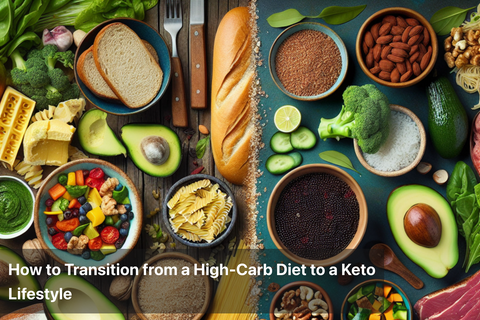
The Impact of Keto on Mental Clarity and Focus
Mental clarity and focus are essential for productivity, decision-making, and overall well-being. Many people experience brain fog, difficulty concentrating, and fatigue, often due to poor diet, high sugar intake, and fluctuating blood sugar levels. The ketogenic diet has gained attention not only for its weight loss benefits but also for its positive impact on cognitive function, mental clarity, and brain health.
By shifting the body’s primary fuel source from carbohydrates to fats, keto provides a steady energy supply to the brain and reduces inflammatory factors that contribute to brain fog. Understanding how ketosis enhances mental performance helps individuals leverage the diet for improved focus, memory, and long-term brain health.
How the Brain Uses Energy
The brain primarily relies on glucose for energy under normal dietary conditions. However, when carbohydrate intake is significantly reduced, the body enters a state of ketosis, producing ketones as an alternative energy source. Ketones, specifically beta-hydroxybutyrate (BHB), cross the blood-brain barrier and serve as an efficient fuel for brain cells.
Unlike glucose, which can cause fluctuations in energy levels and mental performance, ketones provide a stable and sustained energy supply, reducing the likelihood of brain fog and mental fatigue.
How Keto Enhances Mental Clarity and Focus
1. Stable Blood Sugar Levels
Fluctuations in blood sugar levels can cause brain fog, mood swings, and difficulty concentrating. High-carb diets lead to frequent insulin spikes, followed by crashes that impair cognitive function.
Ketosis helps stabilize blood sugar, preventing energy dips and maintaining consistent mental clarity throughout the day. By reducing dependency on glucose, keto prevents the highs and lows associated with sugar consumption.
2. Increased Ketone Production for Brain Fuel
Ketones serve as a more efficient energy source than glucose. Studies show that BHB ketones provide greater energy efficiency for brain cells, improving focus and cognitive performance.
Higher ketone availability has been linked to:
Enhanced neurotransmitter function
Improved memory retention
Increased alertness and reaction time
3. Reduction in Brain Inflammation
Inflammation is one of the leading causes of brain fog, cognitive decline, and mental fatigue. Excess sugar, processed foods, and unhealthy fats contribute to inflammation, affecting brain function.
Ketosis reduces neuroinflammation by:
Lowering oxidative stress
Reducing inflammatory markers in the brain
Supporting healthy mitochondrial function
By decreasing inflammation, keto creates an optimal environment for mental clarity, focus, and long-term brain health.
4. Enhanced Neuroprotection
The ketogenic diet is known for its neuroprotective properties, helping prevent and manage neurological disorders such as Alzheimer’s, Parkinson’s, and epilepsy. Ketones provide a more stable energy source that protects neurons from degeneration and oxidative stress.
Ketosis has been linked to:
Increased BDNF (Brain-Derived Neurotrophic Factor), which supports neuron growth
Reduced risk of neurodegenerative diseases
Enhanced brain plasticity and learning capacity
5. Increased Production of GABA for Reduced Anxiety
GABA (Gamma-Aminobutyric Acid) is an essential neurotransmitter that promotes calmness and focus. A high-carb diet may lead to an imbalance between GABA and glutamate, increasing stress, anxiety, and mental exhaustion.
Ketosis helps balance neurotransmitters, increasing GABA production, which results in:
Reduced stress and anxiety
Improved focus and attention span
Better sleep quality, which enhances cognitive function
Symptoms of Poor Brain Function Due to High-Carb Diets
Individuals following a high-carb diet often experience symptoms of brain fog and cognitive decline, such as:
Frequent fatigue and lack of motivation
Difficulty concentrating on tasks
Forgetfulness and short-term memory issues
Sudden mood swings and irritability
Headaches and mental exhaustion after meals
These symptoms indicate instability in blood sugar levels and poor brain energy metabolism, which can be improved through ketosis.
How to Optimize Keto for Maximum Mental Clarity
1. Prioritize Healthy Fats
Fats are the primary fuel source on keto, and choosing high-quality fats is essential for brain health.
Best brain-boosting keto fats:
Avocados
Coconut oil (rich in MCTs)
Olive oil
Grass-fed butter
Fatty fish (salmon, mackerel)
MCT oil, in particular, rapidly converts into ketones, providing quick brain energy for enhanced focus.
2. Include Nutrient-Dense Foods
Micronutrients support cognitive function, memory, and mental clarity. Adding these keto-friendly foods ensures proper brain nutrition:
Leafy greens (spinach, kale) for B vitamins and antioxidants
Nuts and seeds for magnesium and healthy fats
Eggs for choline, which supports brain cell function
Dark chocolate (85%+ cocoa) for flavonoids and mood regulation
3. Stay Hydrated and Maintain Electrolyte Balance
Dehydration and electrolyte imbalances are common during the initial phase of keto, leading to brain fog and fatigue. Ensuring adequate hydration prevents mental sluggishness.
Key electrolytes to monitor:
Sodium: Himalayan salt, bone broth
Potassium: Avocados, nuts, leafy greens
Magnesium: Almonds, pumpkin seeds, dark chocolate
Drinking enough water (at least 8 glasses daily) and replenishing electrolytes improves mental clarity.
4. Practice Intermittent Fasting for Cognitive Benefits
Intermittent fasting (IF) enhances ketone production and brain function by triggering autophagy, a process that removes damaged brain cells.
Benefits of combining keto and intermittent fasting:
Increased mental alertness
Enhanced focus and productivity
Reduced risk of age-related cognitive decline
A 16:8 fasting approach (fasting for 16 hours, eating within an 8-hour window) is an effective strategy to maximize mental performance.
5. Get Quality Sleep
Sleep plays a crucial role in memory consolidation and brain recovery. Poor sleep disrupts ketone production, leading to mental fog.
Tips for better sleep on keto:
Avoid caffeine after 3 PM
Increase magnesium intake for relaxation
Reduce blue light exposure before bedtime
A consistent sleep schedule ensures optimal brain function and focus.
Summary
The ketogenic diet enhances mental clarity and focus by providing ketones as a steady energy source, stabilizing blood sugar, and reducing brain inflammation. Unlike high-carb diets that cause energy crashes and brain fog, keto promotes sustained cognitive function, better concentration, and neuroprotection.
By prioritizing healthy fats, nutrient-dense foods, hydration, and sleep, individuals can experience optimal brain performance while maintaining ketosis. This dietary approach supports long-term mental health, productivity, and neurological well-being, making it an excellent choice for those looking to improve focus and cognitive longevity.
This Blog post is an initiative by Lo! Foods, to provide accurate and Nutritionist / Doctor approved information related to Health. Lo! Foods is India's leading brand for Everyday Functional Foods. Foods designed for specific Health conditions or Needs. Lo! Foods also runs India's largest range of Low Carb Healthy Cloud Kitchens, under the brand names of Lo!, ProteinChef, ATH (All Things Healthy) and DiabeSmart.

















Leave a comment
Your email address will not be published.